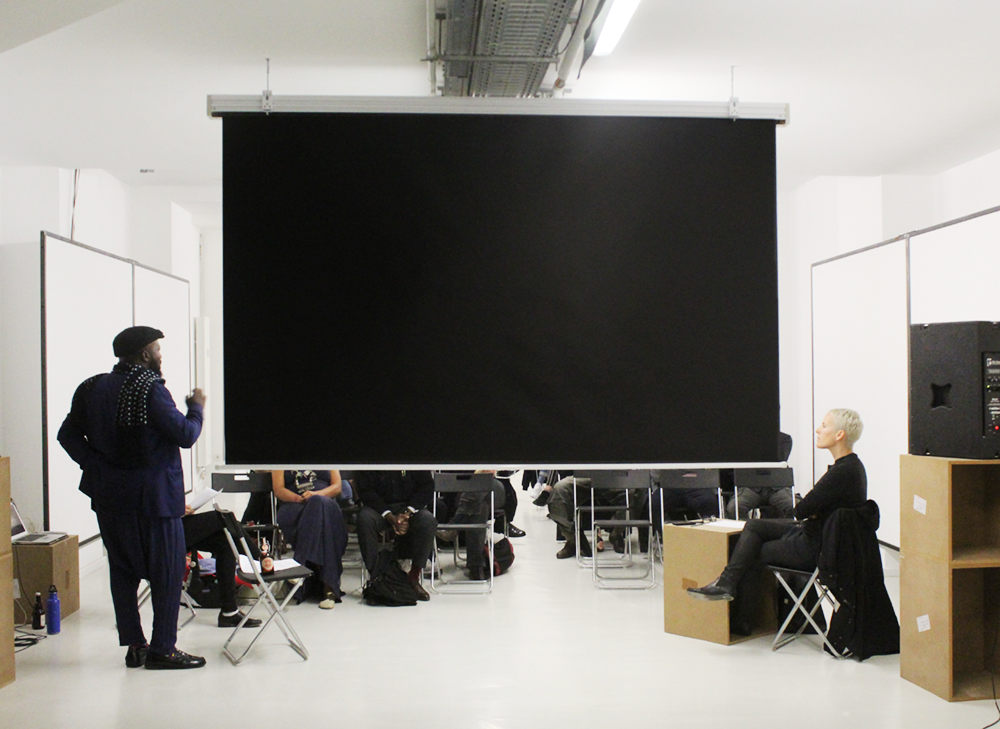Vittorio Gallese meets MenschMaschinen
How does the world breathe now?
Session N°13 11.01.2017 19:00
With Vittorio Gallese
Film Surprise
By Surprise
Language English
For the first session of the year, on January 11, Vittorio Gallese will bring a surprise movie – a science fiction thriller which attracted a lot of attention and appraisal recently for its philosophical and psychlogical depth as well as scientific accuracy.
Vittorio chose the film because it deals with themes originally introduced by Mary Shelley in her novel Frankenstein: humans, their cosmogonic god-like attitude and the intelligent machines they build. It enables a series of timely considerations about what makes us human and the fate of our civilization in the age of the digital revolution.
Vittorio Gallese is full Professor of Physiology at the Dept. of Neuroscience of the University of Parma, Adjunct Senior Research Scholar at the Dept. of Art History and Archeology, Columbia University, New York, USA and Professor in Experimental Aesthetics at the Institute of Philosophy of the University of London, U.K. He is the coordinator of the PhD Program in Neuroscience and Director of the Doctoral School of Medicine of the University of Parma. In neuroscience, among his main scientific contributions is the discovery of mirror neurons together with his colleagues of Parma, and the proposal of a new model of intersubjectivity: embodied simulation theory. He did research and taught at the Universities of Lausanne, Tokyo, Berkeley and Berlin. He is the author of more than 230 scientific articles published in international journals and books, two as author and three as editor. He received the George Miller Fellowship from the University of California at Berkeley in 2001, the Grawemeyer Award for Psychology in 2007, the Doctor Honoris Causa from the Catholic University of Leuven, Belgium in 2010, the Arnold Pfeffer Prize for Neuropsychoanalysis in New York in 2010, the Musatti Prize from the Italian Psychoanalytic Society in Milano in 2014, the Kosmos Fellowship from the Humboldt Universität of Berlin and the Einstein Fellows.

